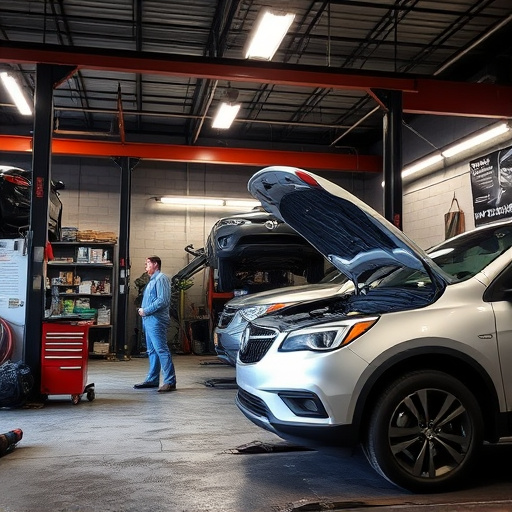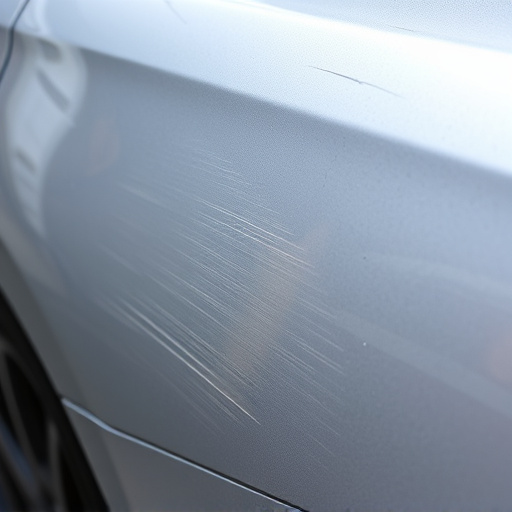Diminished value claims focus on financial compensation for vehicle owners when damage reduces a car's resale value beyond repair costs covered by insurance. State laws significantly impact these claims, dictating validity, compensation, and eligible filers. Expert assessment, thorough documentation, and understanding local rules are crucial for fair settlements. Navigating state-specific regulations is vital for individuals and businesses handling diminished value claims, especially in vehicle damage cases related to high-end models like Mercedes Benz.
“Diminished value claims, a complex area of automotive law, vary significantly across state laws. Understanding these differences is crucial for both consumers and insurance providers. This article explores the nuances of diminished value claims, focusing on how state regulations shape claim assessments. We delve into the variations among jurisdictions, providing insights for navigating this intricate landscape. By examining ‘Understanding Diminished Value Claims’ and ‘State Laws: A Key Factor,’ we aim to empower individuals with knowledge in this often-misunderstood realm.”
- Understanding Diminished Value Claims
- State Laws: A Key Factor in Claim Assessment
- Navigating Variations Across Jurisdictions
Understanding Diminished Value Claims

Diminished value claims refer to the financial compensation sought by vehicle owners when their cars suffer damage that decreases their overall worth. This can occur due to accidents, natural disasters, or even regular wear and tear. The key concept here is that while insurance policies typically cover the cost of repairing a vehicle to its pre-damage condition, they may not account for any loss in resale value caused by the incident.
These claims are particularly relevant when discussing repairs like bumper repair, especially for high-end vehicles such as Mercedes Benz models or classic cars undergoing restoration. The process involves assessing the damage and calculating the reduced market value of the vehicle post-repair. This often requires expert testimony and detailed documentation to ensure a fair settlement, as it differs significantly from traditional insurance claims that focus on restoring the car to its original state rather than maintaining its pre-incident value.
State Laws: A Key Factor in Claim Assessment

State laws play a pivotal role in understanding and assessing diminished value claims, which vary significantly across different jurisdictions. Each state has its own set of regulations and interpretations regarding what constitutes a valid diminished value claim, how much compensation is due, and who can file such claims. These legal nuances are essential to consider when dealing with diminished value cases, as they can drastically impact the outcome for both claimants and insurance companies.
The assessment process involves a deep understanding of local laws and regulations, particularly those related to automobile damage, repair, and restoration. For instance, some states might have specific requirements for documenting and estimating repair costs, while others may prioritize expert opinions from certified auto body shops or experienced appraisers. Knowing these state-specific rules is crucial for both parties involved in a diminished value claim, ensuring that the assessment is fair, accurate, and compliant with the law.
Navigating Variations Across Jurisdictions

Navigating Variations Across Jurisdictions
When it comes to diminished value claims, understanding the nuances of state laws is essential. Each jurisdiction has its own set of rules and regulations that dictate how these claims are handled, especially in instances involving vehicle damage. For instance, some states may have more stringent requirements for documenting and proving the diminution in a car’s value after an accident, while others might offer a more streamlined process. This variation can significantly impact how individuals or businesses, particularly those offering fleet repair services like Mercedes Benz repair, navigate the claims process.
Body shop services providers must be adept at understanding these regional differences to ensure they and their clients receive fair compensation. For private vehicle owners or commercial fleets alike, it’s crucial to recognize that a diminished value claim is not a one-size-fits-all proposition. By staying informed about state-specific laws and regulations, fleet repair service professionals can better serve their customers, ensuring that every diminished value claim receives the attention it deserves, regardless of location.
Diminished value claims are a complex area of law that varies significantly across state jurisdictions. Understanding these differences is crucial for both claimants and insurance companies in navigating the process effectively. While each state may have its unique regulations, recognizing the variations and staying informed about local laws can ensure fair assessments and accurate settlements for diminished value claims.














